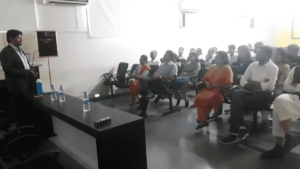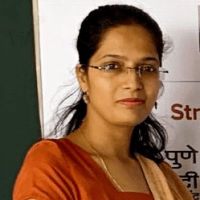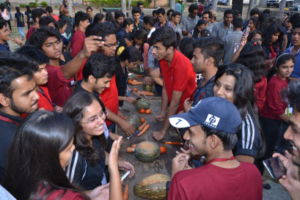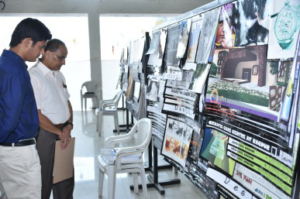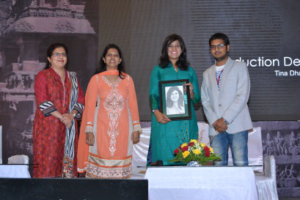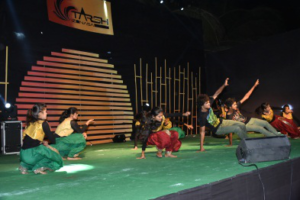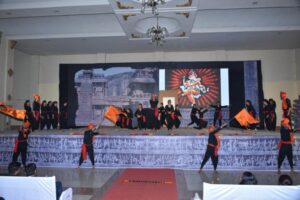
An emerging field of engineering called Artificial Intelligence and Data Science examines how to extract knowledge from both structured and unstructured data using scientific methods, procedures, and techniques that are drawn from a variety of fields, including statistics, cognitive science, computing, and information science. Making a variety of wise selections in business applications also requires the application of this expertise. Engineers that are specialized in artificial intelligence and data science, have a strong emphasis on gathering, classifying, planning, analysing, and interpreting data. It is a specialized area that deals with the creation of data-driven solutions, tools for data visualization, and methods for analysing enormous amounts of data. For resolving many computational and real-world issues, it also includes the ideas of machine learning and deep learning model development.
By taking this course, students will develop cross-disciplinary skills in areas including statistics, computer science, machine learning, and logic. They may also be able to pursue demanding jobs in subjects with excellent future potential, such as healthcare and business.
The demand for data science and AI experts is rising, which makes it a lucrative career path. Both the responsibilities of AI engineers and data scientists are interwoven and can enable a professional to take advantage of attractive prospects for career advancement.
| Program | Duration | Intake |
|---|---|---|
| B. Tech in Artificial Intelligence and Data Science | 4 Years | 60 |
| B. Tech in Artificial Intelligence (AI) and Data Science | 4 Years | 60 |
Dear Students,
Welcome to the Emerging Science & Technology Department. Our institute is the first Autonomous Institute in the Marathwada region, unique like a prism reflecting the manifold shades of learning and co-curricular activities. EST Department with state of art infrastructure facilities ensures to provide of quality education. For us, the process of learning is extremely important in life. What you learn and how you learn plays a crucial role in developing one’s intellectual capability besides career.
The state-of-the-art infrastructure, teaching faculty of the best kind, interaction among students, parents and staff, along with a Training and Placement Cell ensures a bright future to students. We believe that our students will emerge as assets not only to this institution and to the organization they belong, but also to the society at large.
I extend my best wishes to all the students for an exciting, rewarding and stimulating four years on this campus and a bright future thereafter.
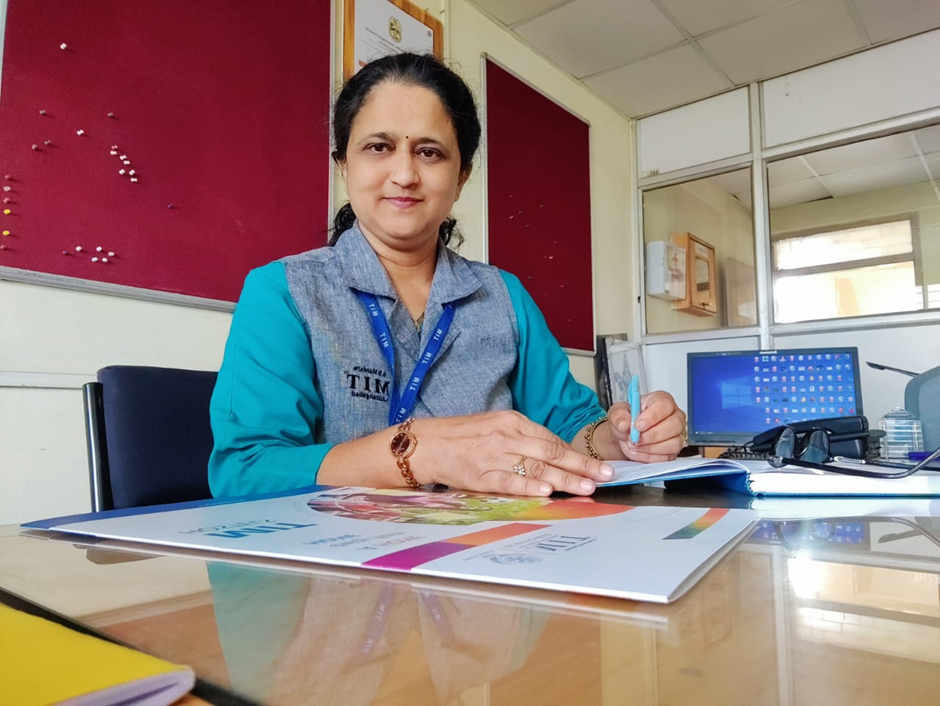
Dr. Kavita Bhosle
Head Of Department
Location: Room no: 423
Department of Emerging Science and Technology Maharashtra Institute of Technology, Aurangabad
Landline no: 0240-2375160
Email: hodest.mitt@mit.asia
VISION
To develop the department as a center of excellence in the field of Emerging Science and technology by imparting knowledge & training to the students for meeting current and emerging needs of the industry & society.

MISSION
Providing world class education through a well designed curriculum in tune with the demanding needs of industry by providing state of the art facilities and to provide knowledge in the thrust areas of Emerging Science and technology.
Artificial intelligence – program outcomes
-
POs
PO1:
Engineering Knowledge: Apply the knowledge of mathematics, science, engineering fundamentals, and an engineering specialization to the solution of complex engineering problems.
PO2:
Problem Analysis: Identify, formulate, review research literature, and analyse complex engineering problems reaching substantiated conclusions using first principles of mathematics, natural science and engineering sciences.
PO3:
Design & Development of Solutions: Design solutions for complex engineering problems and design system components or processes that meet specified needs with appropriate consideration for the public health and safety and the cultural ,societal and environmental considerations.
PO4:
Conduct Investigations of Complex Problems: Use research based knowledge and research methods including design of experiments, analysis and interpretation of data, and synthesis of information to provide valid conclusions.
PO5:
Modern Tool Usage: Create, select, and apply appropriate techniques, resources, and modern engineering and IT tools including prediction and modeling to complex engineering activities with an understanding of the limitations.
PO6:
The Engineer and Society: Apply reasoning informed by the contextual knowledge to assess societal, health, safety, legal and cultural issues and the consequent responsibilities relevant to the professional engineering practice.
PO7:
Environment and Sustainability: Understand the impact of the professional engineering solutions in societal and environmental contexts, and demonstrate the knowledge of, and need for sustainable development.
PO8:
Ethics: Apply ethical principles and commit to professional ethics and responsibilities and norms of the engineering practice.
PO9:
Individual and Team Work: Function effectively as an individual, and as a member or leader in diverse teams, and in multidisciplinary settings.
PO10:
Communication: Communicate Effectively on complex engineering activities with the engineering community and with society at large, such as, being able to comprehend and write effective reports and design documentation, make effective presentations, and give and receive clear instructions.
PO11:
Project management and Finance: Demonstrate knowledge and understanding of the engineering and management principles and apply these to one’s own work, as a member and leader in a team, to manage projects and in multidisciplinary environments.
PO12:
Life-Long Learning : Recognize the need for, and have the preparation and ability to engage in independent and lifelong learning in the broadest context of technological change.
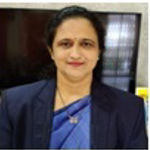

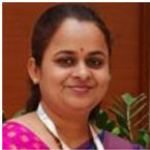

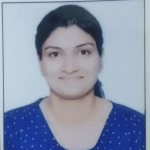

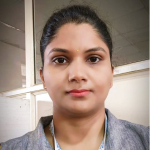
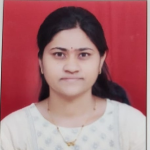

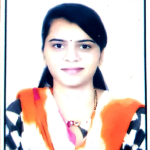
Lab Details
| Sr. No. | Name of the Laboratory | Area (in SqM) |
|---|---|---|
| 01 | Machine Learning Lab | 67 |
| 02 | Web Development Lab | 67 |
| 03 | Software Design Lab | 67 |
| 04 | Computer Programming Lab 1 | 67 |
| 05 | Computer Programming Lab 2 | 67 |
| 06 | Computer Programming Lab 3 | 67 |
| 07 | Computer Programming Lab 4 | 67 |
| 08 | Data Science Lab | 67 |
| 09 | Computer Application Lab 1 | 67 |
| 10 | Computer Application Lab 2 | 67 |
| 11 | Project Lab 1 | 67 |
| 12 | Project Lab 2 | 67 |




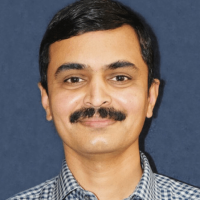
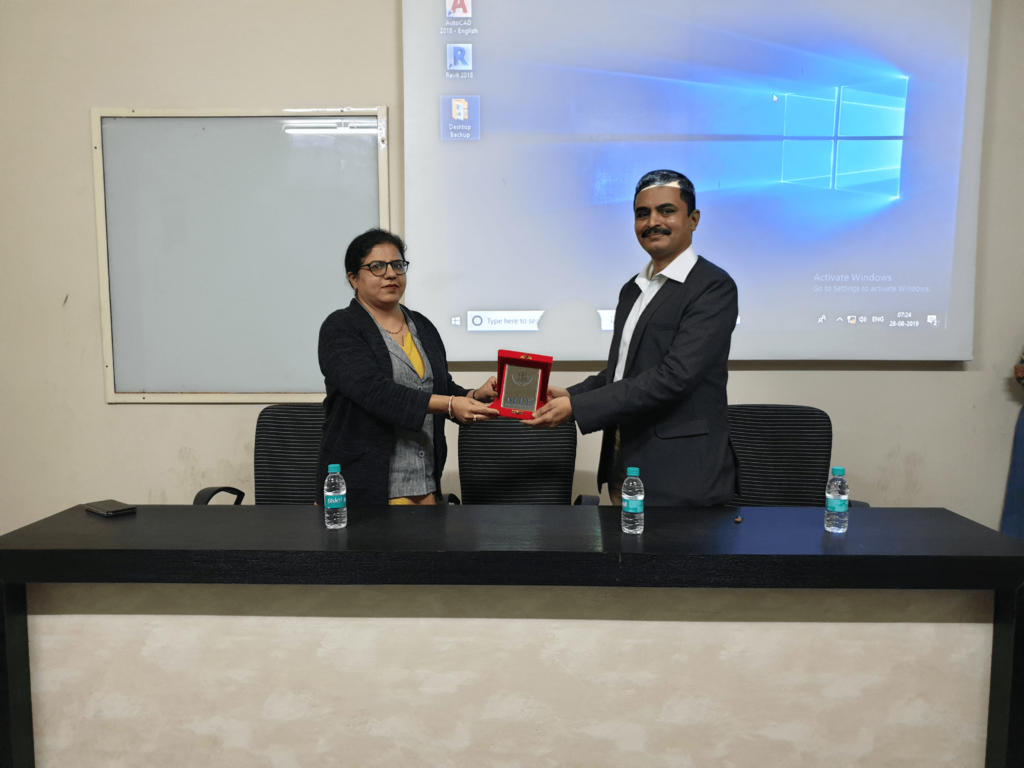
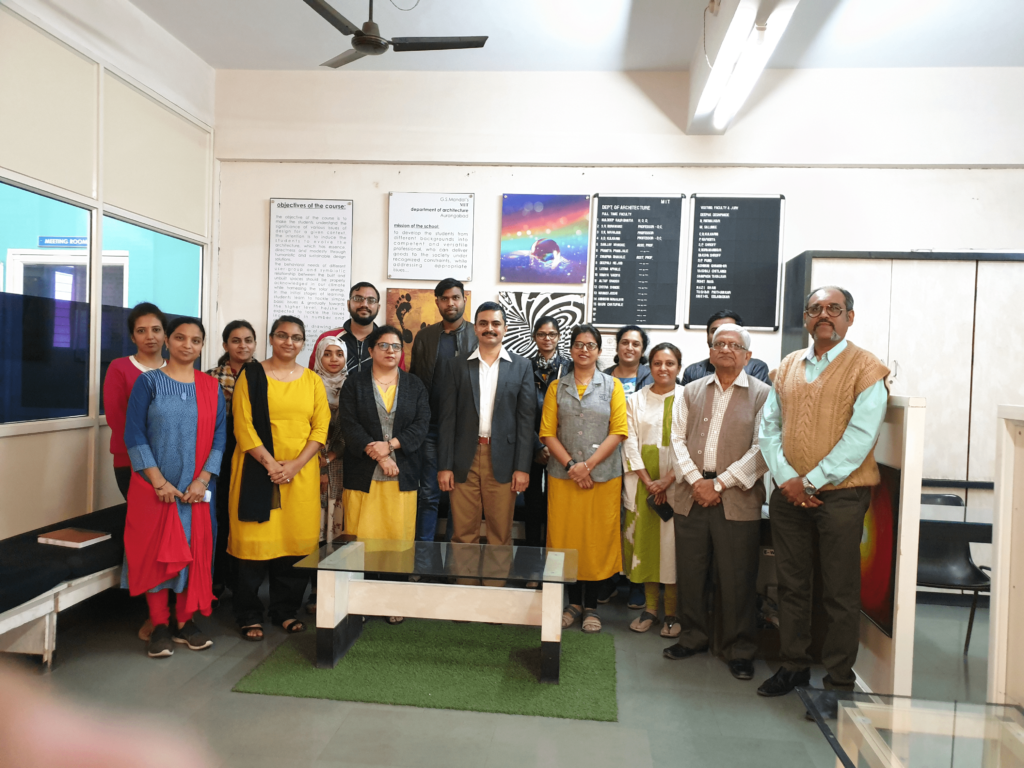
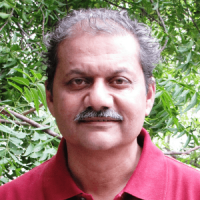
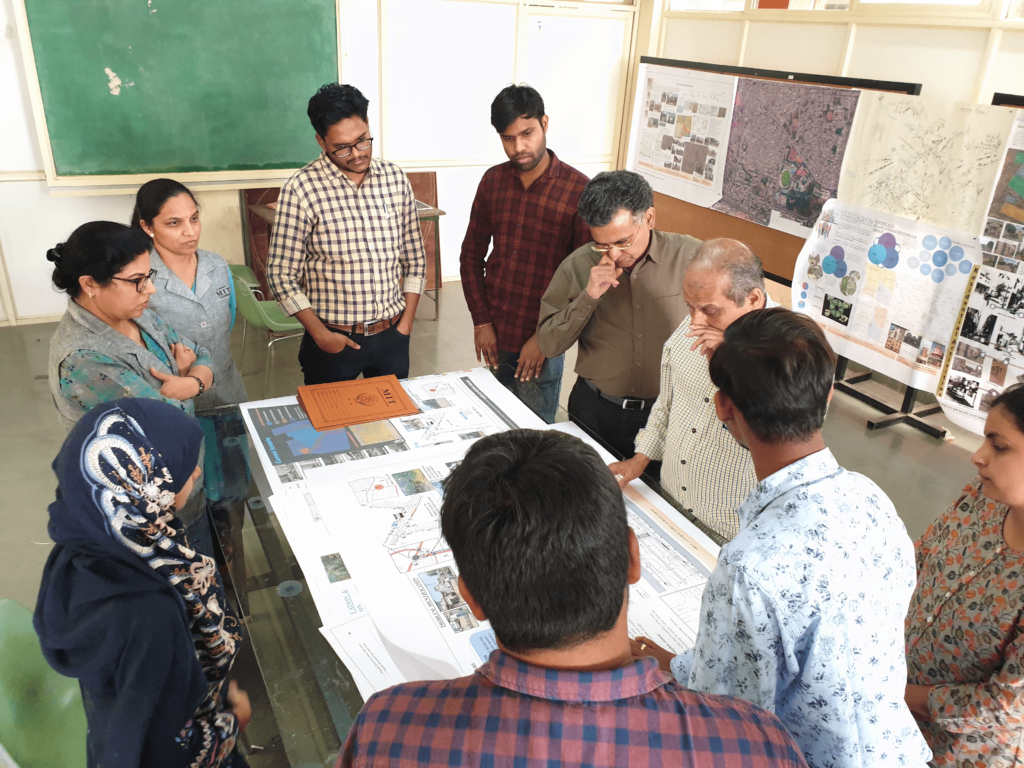
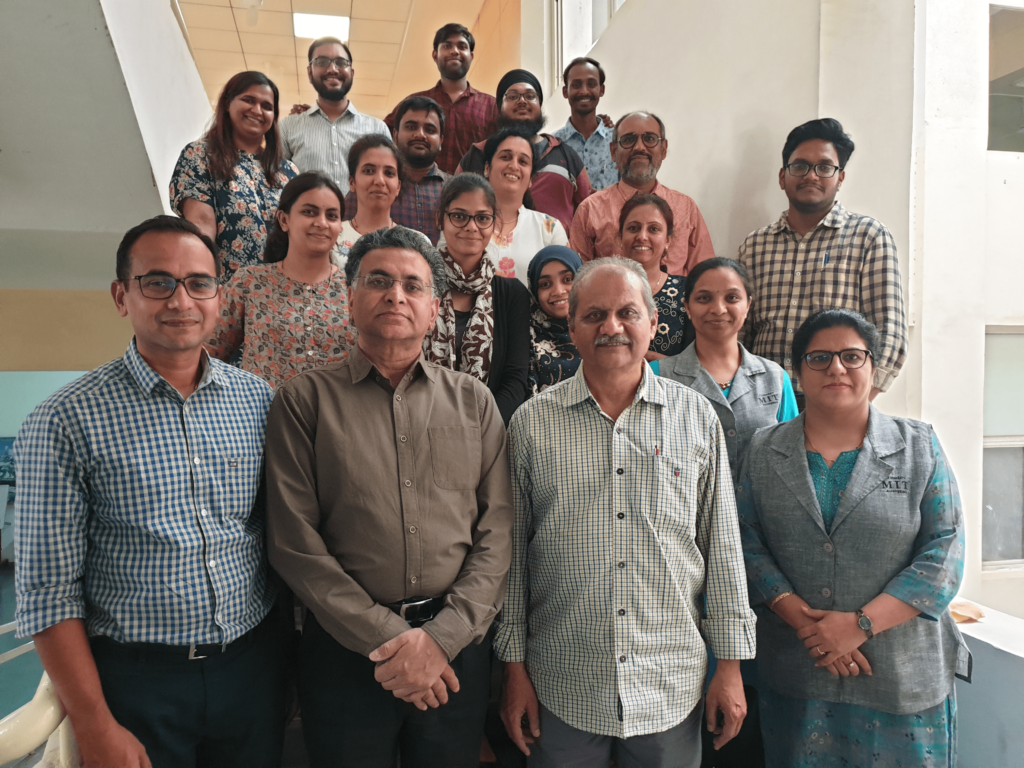
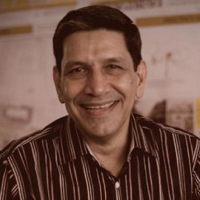

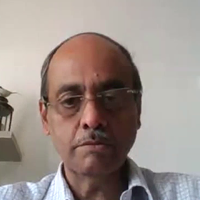



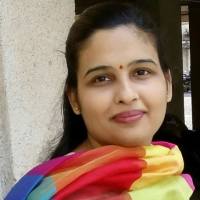
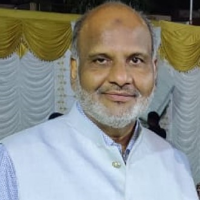
 Introduction of Expert
Introduction of Expert